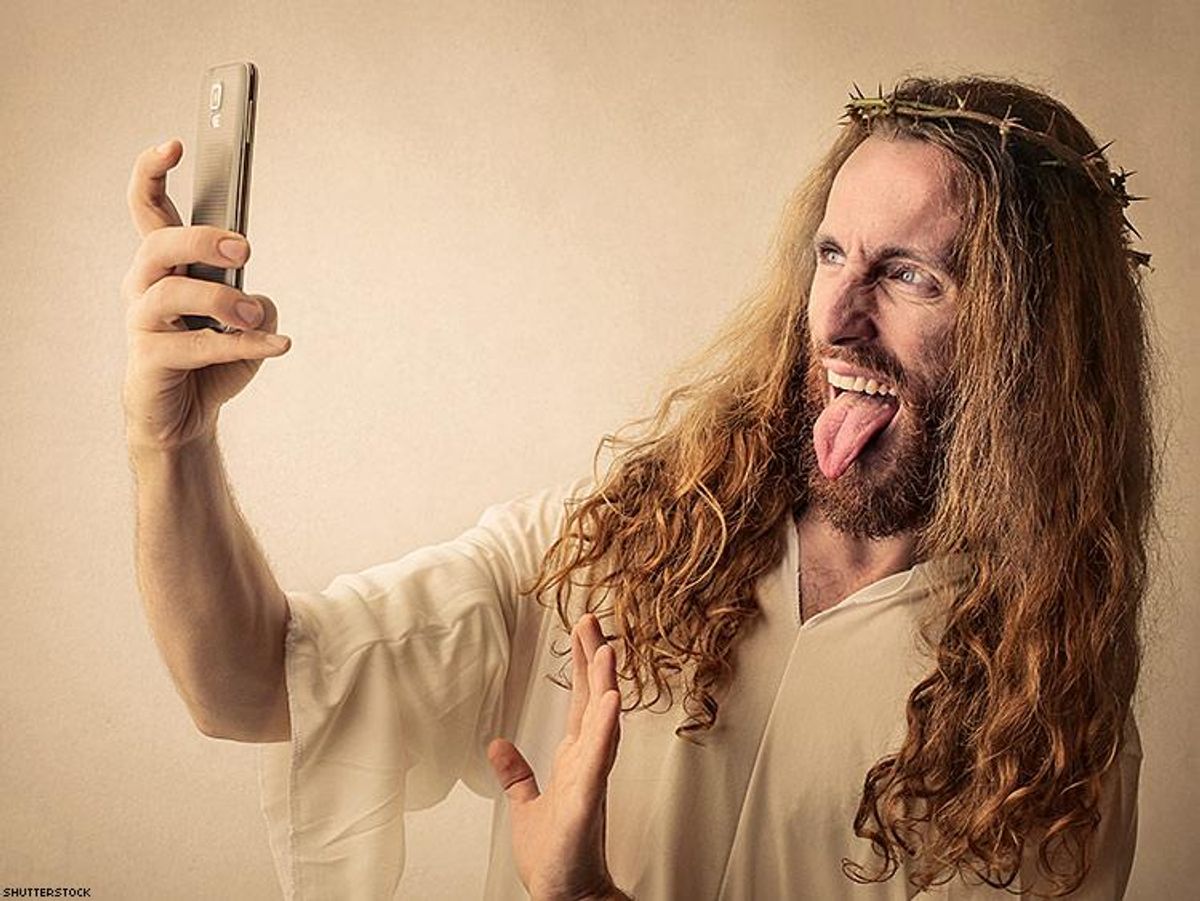I never forgot the look in their eyes: the expressions of contempt and disgust mixed with laughter, the obscene gestures, the slurs wielded like weapons. That was the aftermath of my close friend "John" confiding to our Boy Scout camp director that he is gay.
It was only a matter of weeks before they kicked John out of the Boy Scouts. As a closeted bisexual Eagle Scout, the impact hit me like a shock wave. For nearly two decades after that, I lived in a prison of fear. Headline after headline told me about L.G.B.T. people being attacked and killed. This year, as I was in the process of
coming out during the Orlando massacre, religious leaders like Pastor Roger Jimenez
praised the shooter, claiming that the only "tragedy is that more of them didn't die." To add insult to injury, gay leaders like Greg Bourke
continued to be denied membership in the Boy Scouts under a new policy, ratified a year ago this past week, which enables such discrimination under fanciful claims of "toleration and respect."
The wave of "religious freedom" bills that swept the country this past year reveal that what transpired in the Boy Scouts was not an isolated event. We are witnessing a power play being sold to the American public through coded language and hype.
According to the
resolution by which the Boy Scouts' new policy was passed, "The message of Scouting is one of toleration and respect. ... Any effort to exclude or penalize chartering organizations based on their beliefs or policies regarding marriage, family, or sexuality is contrary to the Boy Scouts of America's commitment to religious freedom." Think about that for a moment. Think about the language they're using, what it is they're really saying.
In a
similar statement issued earlier this month in support of the
First Amendment Defense Act, which is pending in Congress, Roman Catholic Archbishop Salvatore Cordileone of San Francisco proclaimed, "The Church will ... continue to stand for the ability of all to exercise their religious beliefs and moral convictions in public life without fear." These sentiments echo those made by Supreme Court Justice Samuel Alito in his dissent from the marriage equality decision last year. Alito
claimed that recognizing the right of same-sex couples to marry meant "facilitat[ing] the marginalization of the many Americans who have traditional ideas."
Here, we see three statements by the leadership of civic, religious, and legal institutions framing the equality of LGBT people as an attack on America, on tradition, on the Constitution, and yes, on God himself.
As a bisexual who lives under the ever-present threat of being fired, evicted, and murdered for having the audacity to exist, I'm all too aware of what it means to live on the margins of which Alito spoke. But having never seen Justice Alito, Archbishop Cordileone, and other proponents of so-called "religious freedom" policies anywhere near the margins where LGBT people are so often forced to fight for their very lives, I don't buy their claims. When my friend was kicked out of the Boy Scouts, not one person said they felt his simple presence made them feel oppressed and marginalized. Not one person claimed that he had infringed upon their religious freedom. Not one of his assailants showed any sign of fear.
Their expressions revealed with horrific clarity the truth of who was in power, who was being marginalized, whose rights were really under attack.
The French sociologist Pierre Bourdieu argued that language reveals power and that power itself depends on our collaboration in "misrecognition," the recognition of someone as being other than what they really are. We can definitely see how power and misrecognition operate in the language of those claiming that the equality of LGBT people puts their "religious freedom" at stake. When we misrecognize these displays of power for vulnerability and marginalization, we empower further bigotry. We also make ourselves complicit in this mockery of human rights when we let ourselves get pulled into debates asking if LGBT rights and religious freedom can be protected simultaneously. As I've witnessed in the Boy Scouts, religious freedom is not under siege. It never has been. Such debates are designed only to distract us, to redirect the flow and content of social discourse on terms favorable to the privileged.
Today's "religious freedom" policies should not be seen as a problem limited to LGBT people but as a co-optation of religion that affects us all. They are a sham with a long and sordid history. In 1861, for example, the Constitution of the Confederate States
framed slavery as a right justified by the "favor and guidance of Almighty God." In 1869, prominent minister Justin Fulton
invoked religious teachings to oppose women's suffrage, claiming that women seeking the right to vote "are not lovers of God."
If we fail to recognize modern variations of such claims for what they really are, women and ethnic minorities might find their rights on the chopping block next.
 DASHANNE STOKES, Ph.D., is a sociologist and social commentator who writes about culture, politics, and civil rights. Follow him on Twitter @DaShanneStokes.
DASHANNE STOKES, Ph.D., is a sociologist and social commentator who writes about culture, politics, and civil rights. Follow him on Twitter @DaShanneStokes.

 DASHANNE STOKES, Ph.D., is a sociologist and social commentator who writes about culture, politics, and civil rights. Follow him on Twitter @DaShanneStokes.
DASHANNE STOKES, Ph.D., is a sociologist and social commentator who writes about culture, politics, and civil rights. Follow him on Twitter @DaShanneStokes.